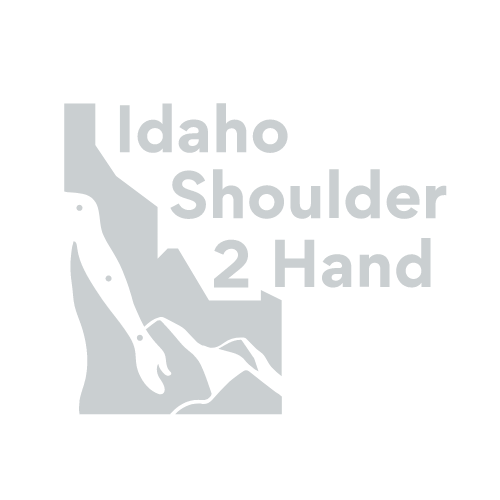When to Seek Help for a Shoulder Dislocation
Shoulder pain affects 18-26% of adults at any given time. While some types of shoulder pain you can learn to live with, or simply rest until the pain goes away, if you’re dealing with a shoulder dislocation, you can’t simply ignore it.
Keep reading to find out when you should seek help for a shoulder dislocation.
Diagnosing a Dislocated Shoulder
A dislocated shoulder is usually due to trauma to the area or overuse due to repetitive actions. If you’ve dislocated your shoulder, you’ll experience intense pain in the area, and you might be unable to move your arm.
If you think you might have dislocated your shoulder, you’ll need to go to a healthcare provider to diagnose it as soon as possible. The healthcare provider will inspect the area for any clear signs of a dislocation, such as:
- Nerve or blood vessel injury
- Swelling
- Tenderness
- Deformity
Your provider might also ask you to go for X-rays of the shoulder socket and joint to check for any further damage or broken bones.
Treating a Dislocated Shoulder
There are five main forms of treatment when it comes to a dislocated shoulder:
- Closed reduction
- Surgery
- Immobilization
- Medication
- Rehabilitation

With a closed reduction procedure, the shoulder bones are gently moved back into position. If the pain and swelling are severe, a muscle relaxant or sedative may be administered before the bones are moved. Once the bones are back in place, the pain will drastically improve.
You might need shoulder surgery if the shoulder joints and ligaments are weak or if there have been multiple dislocations. If nerves or blood vessels were damaged during the dislocation, it is also possible that they can require surgery to fix. Surgical options are usually considered as a means to prevent further injuries.
After a closed reduction procedure or surgery, the joint will be immobilized to ensure the shoulder doesn’t move while healing. A splint or sling will be fitted to ensure you’re comfortable during this time. You will also receive medication like pain relievers and muscle relaxants to help you while healing.
Once the area no longer needs to stay immobilized, you’ll need to go through a rehabilitation program to help strengthen the joints and ligaments as well as regain your range of motion. The rehabilitation process will also help strengthen the area to help prevent any further injuries.
Know When to Seek Help for a Shoulder Dislocation
When you’re dealing with a shoulder dislocation, it’s always a good idea to seek medical attention as quickly as possible. If you act quickly, your dislocated shoulder treatment might be a lot quicker and possibly cheaper compared to needing a shoulder surgeon to fix the injury.
If you think you dislocated your shoulder, please feel free to contact us. At the Idaho Shoulder to Hand Center, we offer expertise in the diagnosis, treatment, and surgical repair of all injuries and conditions to the shoulder, elbow, wrist, and hand.

